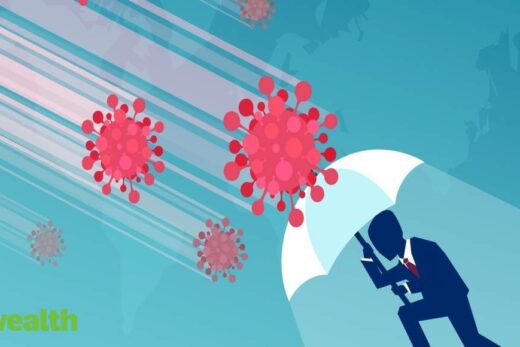How we behave when we are short of stuff —in this case time—is a much-studied idea. The adrenaline rush, focus, prioritisation and concentration are all qualities that come in only when there is finite amount of time before a task can be done. That finite end places an urgent “now” orientation on the mind. It has only limited merits. Don’t we see some elders mellowing as they age? The realisation that we are mortal and that the end is near might bring changes that were considered nearly impossible earlier. Don’t we economise on the amount of toothpaste we apply on the brush, as the tube is closer to getting over? Don’t we fill our palms with a generous amount of shampoo when the bottle is new and full? How we behave in scarcity is very different.
When Steven Covey wrote about the scarcity mindset in his famous book Seven Habits, he pointed out that people can take a scarcity or abundance view of the world. If one thinks that there is just a limited pie available for everyone, they will see life as a zero-sum game. They would think that what one gains must be someone else’s loss. They would, therefore, find it difficult to share recognition or credit. If someone else is praised, it takes away from what they have; if some gets a raise, it comes at the cost of their own; if someone gains in power and influence, it diminishes them. Such people with a scarcity mindset tend to be envious, unable to appreciate or feel happy for others, and are unwilling to share. An imagined state of limited resources can make us mean.
Real scarcity of resources is a different tough state. Research shows that families that do not have enough to finance even their basic needs, tend to be severely impacted. They struggle to lift themselves out of their situation of poverty. The cognitive resources of those that are poor is diminished by the mind space that their scarcity occupies. When the thoughts about where your next meal is coming from occupy your mind, you have no energy left for cognitive problem solving. Your mental resources are depleted being anxious about not having enough to eat, or not having money to pay rent or to buy the next set of essential resources. In an experiment that involved soldiers to starve for a while before interacting with starving prisoners after the war, researchers found that the soldiers spent a disproportionate amount of time talking about food. Food they could not eat, but thoughts and conversations about food filled up their mental spaces.
When researchers tested decision making abilities and choices, they found that the same set of people made bad decisions and poor choices before their incomes were earned; and that they made better choices soon after payday. There is enough evidence that shows how scarcity impacts behaviour and why it is important to address scarcity first, before having expectations that the people who suffer will make the decisions required to bring themselves out of their poverty. Studies have shown that the poor tend to have self-control problems, not because they are reckless and irresponsible, but because they may have depleted their will power fighting scarcities. They may suffer a failure of self-control when their energies have been lost in fighting their hunger and depraved conditions. Substance abuse, addictions and inability to fight these problems have been attributed to the depleted will power, caused by poverty and scarcity.
While examining the dominance of loan sharks and the usurious rates at which day loans are taken by small vendors and daily wages earners, it has been found that many who suffer scarcities are unable to think about the future or take a long-term view. The borrowers are known to systematically prioritise the immediate problem on hand and seek the relief from the nagging current problem that occupies their mind space. Poor use of credit by lower income groups, overuse of credit cards by lower income earning categories, and persistent use of high-cost informal debt by poorer sections can all be attributed to a large extent to this cognitive dissonance. Or the lack of mental energies to see that their decisions have long term adverse consequences.
Pay day loans are a common feature in the West, used mostly by lower income earning groups. These are very high-cost loans, issued based on the future pay, made for a few days — 15 -18 days— before the next pay day. The borrower usually uses these loans to make payments for children’s education, for the car or other EMI that may be due, or for emergency expenses. However, research shows that the entire loan is not repaid after pay, since they cannot afford that severe a charge on the income. So, the loan is rolled over at high rates. These informal loans are taken since they lie outside the realm of formal credit and scores; they help keep indebtedness away from family and friends; and they are procedurally easy to get. But they remain tough to pay, create debt traps, and represent the preference for immediate sub-optimal solutions.
Securing a basic income for everyone is a much-discussed idea. Scarcity creates its own traps and limitations. The power of sleep, for instance, demonstrates how the levels of energy and productivity depend not on how much one works, but on how much one rests. Security of income to cover the basic needs of food, clothing and shelter is like that much required sleep. The state of calm when scarcities do not clog the mind into underperformance. This author must mend the way she works closer to her deadline. Induced scarcity is not good practice.
(The writer is Chairperson, Centre for Investment Education and Learning)



